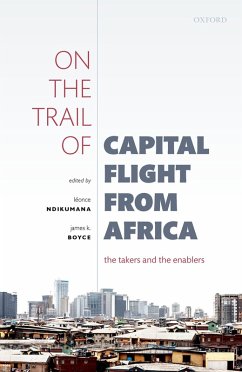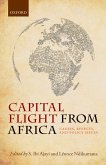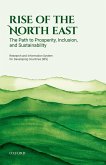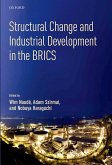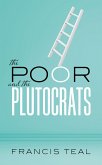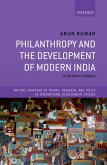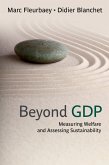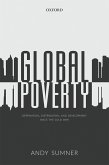On the Trail of Capital Flight from Africa investigates the dynamics of capital flight from Angola, Côte d'Ivoire, and South Africa, countries that have witnessed large-scale illicit financial outflows in recent decades. Quantitative, qualitative, and institutional analysis for each country is used to examine the modus operandi of capital flight; that is, the 'who', 'how', and 'where' dimensions of the phenomenon. 'Who' refers to major domestic and foreign players; 'how' refers to mechanisms of capital acquisition, transfer, and concealment; and 'where' refers to the destinations of capital flight and the transactions involved. The evidence reveals a complex network of actors and enablers involved in orchestrating and facilitating capital flight and the accumulation of private wealth in offshore secrecy jurisdictions. This underscores the reality that capital flight is a global phenomenon, and that measures to curtail it are a shared responsibility for Africa and the global community. Addressing the problem of capital flight and related issues such as trade misinvoicing, money laundering, tax evasion, and theft of public assets by political and economic elites will require national and global efforts with a high level of coordination.
Dieser Download kann aus rechtlichen Gründen nur mit Rechnungsadresse in A, B, BG, CY, CZ, D, DK, EW, E, FIN, F, GR, HR, H, IRL, I, LT, L, LR, M, NL, PL, P, R, S, SLO, SK ausgeliefert werden.

